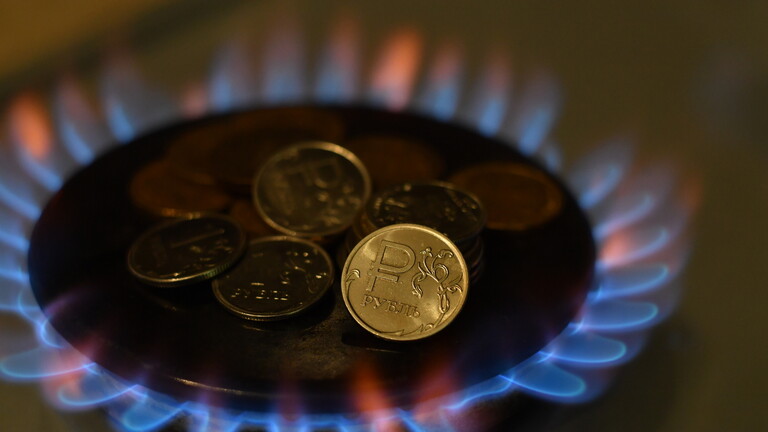The International Energy Agency (IEA) has advised the European Union to practise gas conservation in order to prevent storage facilities from running out of fuel and supply problems throughout the winter.
And according to the agency’s report on the gas market, which was released today, Monday in Paris, in order to keep gas stocks at a sufficient level until the end of the heating season, demand must be decreased by 9-13% in comparison to the average over the previous five years.
According to the report, this will ensure that gas reserves remain at a level between 25 and 30% given the limited flow of liquefied natural gas.
In the absence of a reduction in gas use, and in the event that Russian gas supplies are completely cut off starting in November of next year, storage levels might drop to less than 5% if any liquefied natural gas is simultaneously transported to the European Union. This raises the possibility of a supply interruption in the event of a brief cold snap.
The agency’s analysis predicts that the storage level will stay below 20% due to the increased flow of LNG.
Keisuke Sadamori, the agency’s director of energy markets and security, stated that “the Russian invasion of Ukraine and the sharp decline in natural gas supplies to Europe are causing significant harm to consumers, businesses, and entire economies, not only in Europe but also in emerging and developing economies.”
The future of the gas markets, he continued, “remains uncertain, not only as a result of Russia’s rash and unexpected actions, which have harmed its reputation as a trustworthy provider, but also as a result of all the indications that the markets will continue to be unstable until 2023.
The demand for natural gas is predicted to remain unchanged in the Asia-Pacific region while falling by a record 10% in Europe, resulting in a 0.8% loss in global use of the fuel in 2022.
The agency predicted that gas consumption would climb by 0. 4% in the upcoming year, but the picture is clouded by uncertainty, particularly in light of Russia’s potential future measures and the economic effects of the ongoing increase in energy prices.
The agency also noted that the present gas crisis is creating an unclear situation in the long run, particularly in developing nations where it is anticipated that natural gas use will increase in the medium term at least as a substitute for coal.
Additionally, the rapid increase in European imports is placing significant pressure on short- to medium-term LNG international commerce.
To prevent supply disruptions, the International Energy Agency advises the European Union to save gas.

